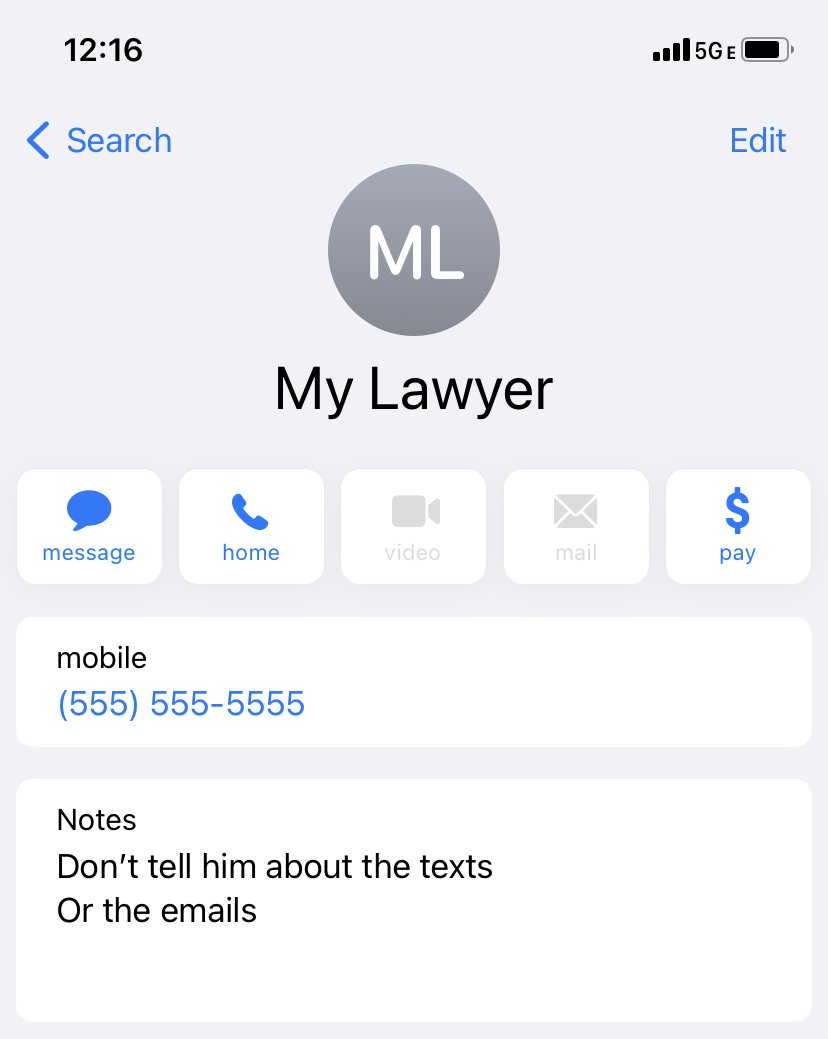No Comment. No, Really, No Comment.
Sometimes, lawyers do stupid things that get them in the news. I know this is not a novel concept to anyone who has read this blog or for that matter has existed on the planet for long enough to understand what a lawyer is and what sort of stupid things they may do. And when lawyers make the news, I am often asked directly or via social media for my thoughts.
I write about lawyers behaving badly a lot (at least, not when I’m not neglecting this blog-hi everyone, I hope you’ve been well) but one thing I don’t do is comment on Wisconsin lawyers with potential or pending matters. I’ll cite published opinions regarding Wisconsin lawyers, and will talk about my clients’ public cases with their informed consent (i.e. if a reporter calls seeking comment), but only in rare cases will I discuss a Wisconsin case in any other context (and then, only if it’s very publicly clear that I am not the respondent’s lawyer).
Rule 1.6 spells out the duty of confidentiality, which is broader than attorney-client privilege. For those non-lawyers reading this (hi, Dad), “privilege” is an evidentiary thing—it means that an attorney can’t be required to spill confidences in court unless some exception or waiver applies. Generally, the fact that an attorney represents a particular client is not privileged, though their communications are.
However, even the fact of consultation or representation may be confidential in certain circumstances—in my line of work, my clients frequently and understandably don’t want anyone (especially other lawyers) to know they have any idea who I am, let alone that they’ve talked to me about a matter that could affect their reputation and livelihood. (This is lots of fun at parties.)
Now, by the letter of the Rules I’m free to discuss matters pertaining to non-clients, but other than the limited exceptions described above, I don’t. Why? Well, if I answered, “no he’s not my client and here’s what sort of sanction he could face” when someone isn’t my client but “no comment” when someone is, it would quickly become clear that the latter is, indeed, my client. So, “no comment” it is for everyone. My duty is to my current and former clients, not to a high school friend who tagged me on Facebook at 2 a.m.
This isn’t a bad default practice for other areas of law, either—a spouse considering a divorce may not want their soon-to-be-ex to learn they’ve consulted with a lawyer, for instance. Granted, unless that spouse has some notoriety it is unlikely anyone will know or ask after them, but as a general rule it’s better to err on the side of quiet.
Lawyers behaving badly in other states where I am not licensed are fair game, though, so ask away.






